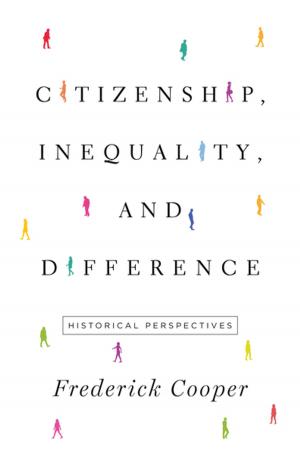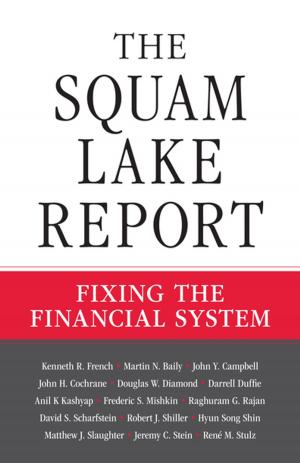From Guilt to Shame
Auschwitz and After
Nonfiction, History, Jewish, Holocaust, Fiction & Literature, Literary Theory & Criticism, Health & Well Being, Psychology| Author: | Ruth Leys | ISBN: | 9781400827985 |
| Publisher: | Princeton University Press | Publication: | January 10, 2009 |
| Imprint: | Princeton University Press | Language: | English |
| Author: | Ruth Leys |
| ISBN: | 9781400827985 |
| Publisher: | Princeton University Press |
| Publication: | January 10, 2009 |
| Imprint: | Princeton University Press |
| Language: | English |
Why has shame recently displaced guilt as a dominant emotional reference in the West? After the Holocaust, survivors often reported feeling guilty for living when so many others had died, and in the 1960s psychoanalysts and psychiatrists in the United States helped make survivor guilt a defining feature of the "survivor syndrome." Yet the idea of survivor guilt has always caused trouble, largely because it appears to imply that, by unconsciously identifying with the perpetrator, victims psychically collude with power.
In From Guilt to Shame, Ruth Leys has written the first genealogical-critical study of the vicissitudes of the concept of survivor guilt and the momentous but largely unrecognized significance of guilt's replacement by shame. Ultimately, Leys challenges the theoretical and empirical validity of the shame theory proposed by figures such as Silvan Tomkins, Eve Kosofsky Sedgwick, and Giorgio Agamben, demonstrating that while the notion of survivor guilt has depended on an intentionalist framework, shame theorists share a problematic commitment to interpreting the emotions, including shame, in antiintentionalist and materialist terms.
Why has shame recently displaced guilt as a dominant emotional reference in the West? After the Holocaust, survivors often reported feeling guilty for living when so many others had died, and in the 1960s psychoanalysts and psychiatrists in the United States helped make survivor guilt a defining feature of the "survivor syndrome." Yet the idea of survivor guilt has always caused trouble, largely because it appears to imply that, by unconsciously identifying with the perpetrator, victims psychically collude with power.
In From Guilt to Shame, Ruth Leys has written the first genealogical-critical study of the vicissitudes of the concept of survivor guilt and the momentous but largely unrecognized significance of guilt's replacement by shame. Ultimately, Leys challenges the theoretical and empirical validity of the shame theory proposed by figures such as Silvan Tomkins, Eve Kosofsky Sedgwick, and Giorgio Agamben, demonstrating that while the notion of survivor guilt has depended on an intentionalist framework, shame theorists share a problematic commitment to interpreting the emotions, including shame, in antiintentionalist and materialist terms.















